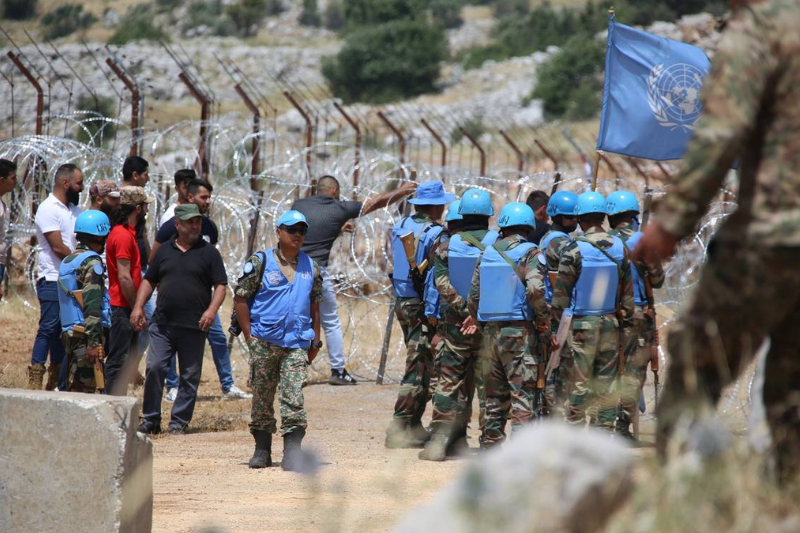
Rising Tensions on Lebanese-Israeli Border Due to Hezbollah’s Provocations
Gallant emphasized Iran’s part in encouraging Hezbollah to engage in violent behavior in the area. He referred to recent events, such as Hezbollah’s construction of Shebaa tents in a contentious location, their patrols, and the installation of many military outposts along the border. Gallant encouraged the U.N. to respond right now by giving the U.N. Interim Force in Lebanon (UNIFIL) more regional clout and assuring its freedom of movement during the conference.
The mission of UNIFIL, which is about to expire, was modified when it was renewed last year, which Hezbollah decried as a breach of Lebanese sovereignty. UNIFIL is allowed to function autonomously under the modified mandate, acting independently of the Lebanese army. Concerns about this adjustment have been expressed by a number of regional parties, and it is now being discussed in relation to the renewal of UNIFIL’s mandate.
Keep Reading
The United Nations Security Council will meet to talk about extending UNIFIL’s mandate as tensions rise. Sayyed Hassan Nasrallah, the head of Hezbollah, warned against extending the mandate under the current conditions, raising questions about the perceived independence of the peacekeeping force and its repercussions for Lebanon’s sovereignty.
The international community will be keenly monitoring the discussions about UNIFIL’s mandate extension and the broader consequences for regional stability as long as the situation remains precarious. The defense minister of Israel’s worries highlight the complicated factors at play in the Lebanese-Israeli border area as well as the continued difficulties in upholding peace and security in the area.




